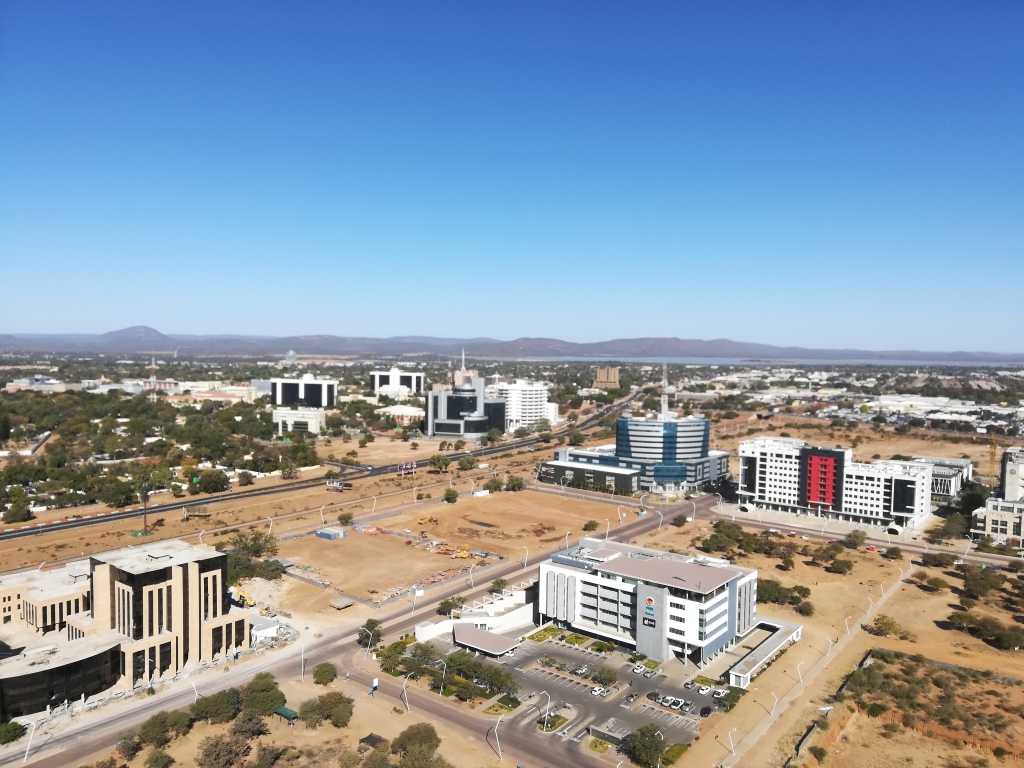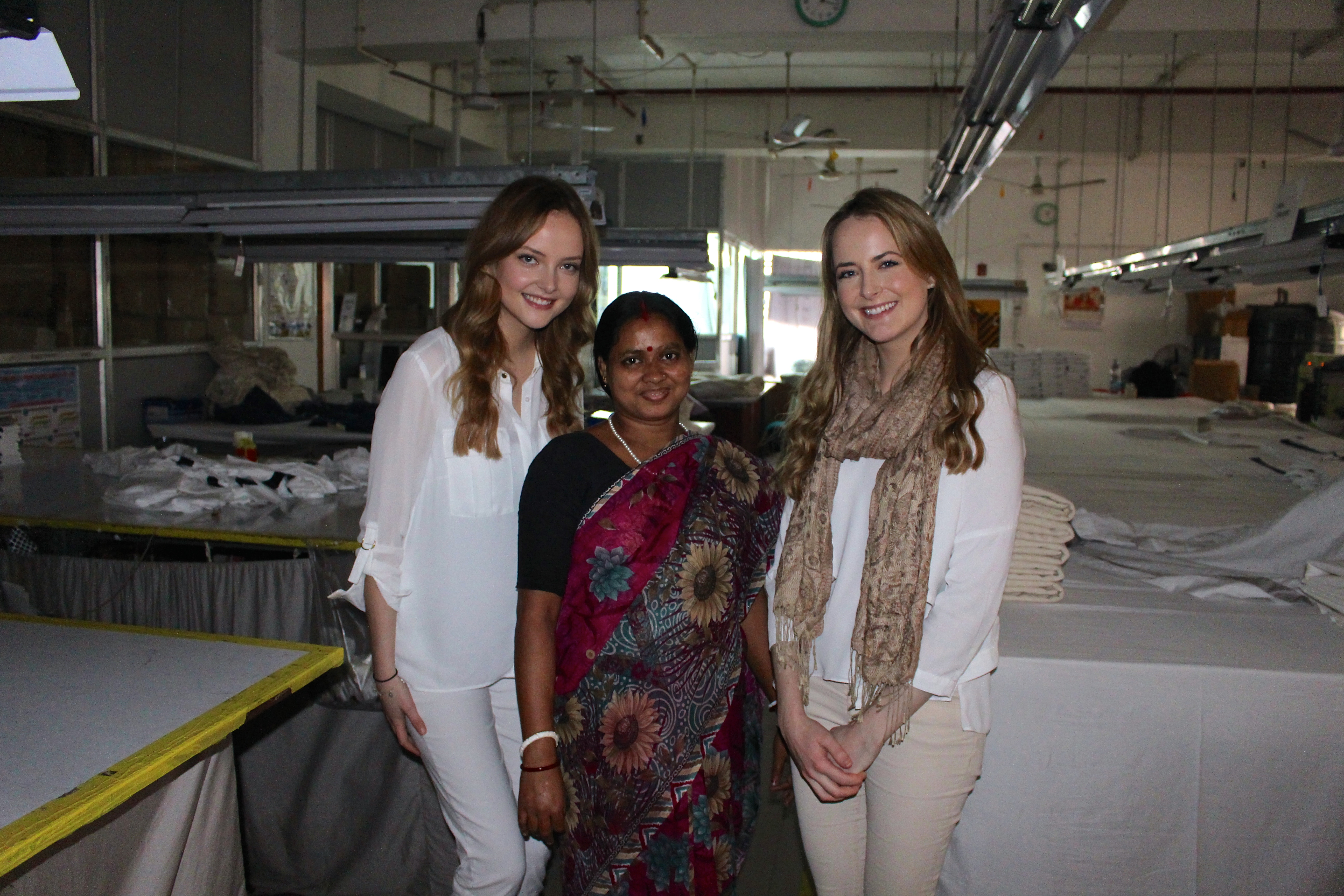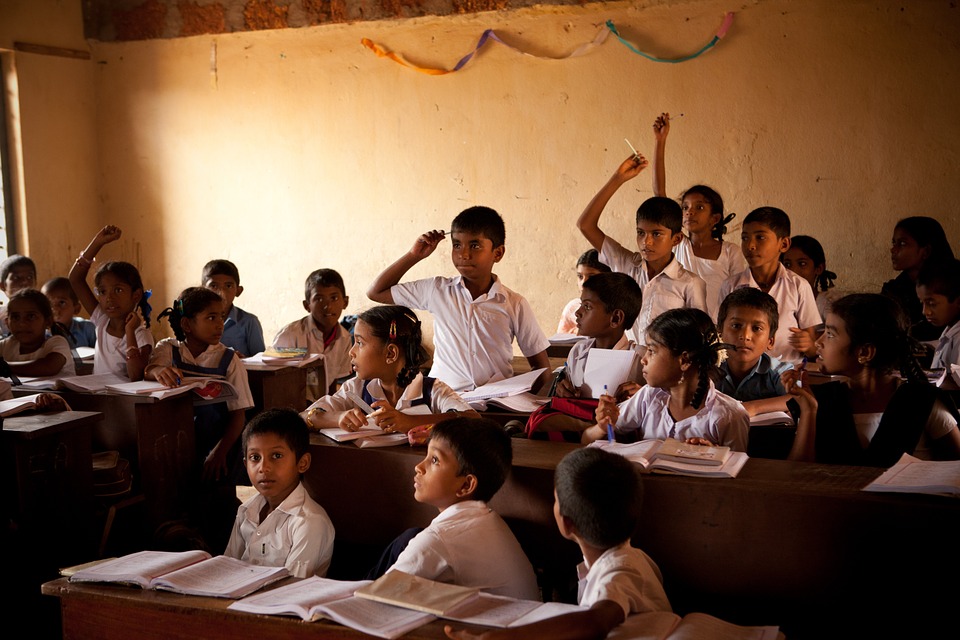MSc Development Studies alum and PhD Candidate at the Centre of African Economies at Roskilde University, Tobias Wuttke, looks at Botswana as an example of economic success in Africa.

On the rare occasion that international reporting on Botswana goes beyond the topic of elephants, there is often talk of the African miracle or an African success story. This is based on the facts that Botswana has been governed democratically since Independence in 1966, has a GDP per capita that makes it an upper middle-income country and regularly surpasses countries like Italy and Spain on corruption indices. All of this is true, but it is also important to keep in mind that Botswana has had almost no structural economic transformation since Independence and cannot serve as a role model to more populous African nations.
The narrative of the African success story has most prominently been featured in the development bestseller ‘Why Nations Fail’ by Acemoglu, Johnson and Robinson, and is also regularly used in international press. Just recently there was an article in Germany’s and Europe’s biggest weekly news magazine Der Spiegel on “Africa’s model of success: Botswana”. I liked the article because it gave a good account of Botswana’s success story based on diamonds, and went beyond the usual reporting on elephants, wildlife and the beautiful Okavango Delta. But I felt it was a bit too positive in its economic assessment of the story of Botswana.
Botswana is indeed a very interesting case. Since Independence, the government has managed to participate from the country’s huge diamond reserves on equal terms with the mining company De Beers. This contrasts with the negative experiences with natural resource endowments in many other African countries. The returns from diamond sales have been invested in health, education, and infrastructure (the roads throughout large parts of the country are fantastic), while accumulating large foreign exchange reserves and saving enough in good times to be prepared for bad times, i.e. low world diamond demand.
However, there was basically no manufacturing sector at Independence, and none has emerged since then. Manufacturing value added stands at 5.2 per cent of GDP (World Bank 2018). No significant productivity increases have occurred in both the agricultural and the manufacturing sector. The only exception is the mining sector. The mining sector employs few people and has very limited linkages to the rest of the economy. Unemployment is at 18.2 per cent (World Bank 2019) in a country of only 2.5 million people. Botswana is one of the most unequal countries in the world with a GINI coefficient of 0.53 (World Bank 2015). This is why Ellen Hillbom from Lund University calls Botswana a case of “growth without development”.
I remember a conversation with a principal of a vocational training school in one of Botswana’s larger settlements with around 50,000 inhabitants from last year when I worked in Botswana. The idea of the project I worked for (GIZ together with the government of Botswana) is to bring the vocational schools’ curricula closer to the local industry’s skills demands. When asking the principal about local manufacturing firms that we could ask for their skills requirements, he replied: “Well, there is no real industry. All we have around here are some garages for car repairing”.
The main point here is not to slam Botswana’s achievements. They are commendable. But it is important to contextualize them. Botswana cannot serve as a role model for other more populous countries in Africa. The country doesn’t even manage to employ its own tiny population of 2.5 million people. How can that be an example for countries like Ethiopia, Nigeria or Tanzania that have much larger populations? What these countries need is structural economic transformation and a manufacturing sector that employs large numbers of people.
Botswana had no manufacturing sector at Independence. Most other African countries also didn’t have a strong domestic capitalist class in their economy that could build up a strong manufacturing sector at Independence, largely due to colonialism. Where they succeeded despite these unfavorable conditions, structural adjustment and across-the-board trade liberalization killed manufacturing sectors all over Africa, and they haven’t recovered until today. Vibrant manufacturing sectors, however, are what is needed for Africa in the 21st century and Botswana’s success story doesn’t provide any insights on that.
Tobias Wuttke (@wtobi93) is a PhD Candidate at the Centre of African Economies at Roskilde University, Denmark. His research is on industrialisation and industrial policy in Sub-Saharan Africa. Prior to that, he has worked for GIZ in Nigeria and Botswana. He graduated from LSE with an MSc in Development Studies in 2018.
The views expressed in this post are those of the author and in no way reflect those of the International Development LSE blog or the London School of Economics and Political Science.






2 Comments